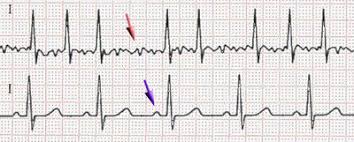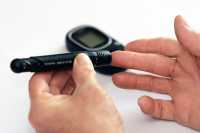Author Interviews, Heart Disease, Race/Ethnic Diversity / 07.01.2020
Transcendental Meditation To Reduce LVH in African Americans
MedicalResearch.com Interview with:
Robert H. Schneider, MD, FACC
Director, Institute for Natural Medicine and Prevention
Dean, College of Integrative Medicine
Maharishi University of Management
Fairfield, Iowa 52556
MedicalResearch.com: What is the background for this study?
Response: Abnormal enlargement of heart, known as left ventricular hypertrophy (LVH), is an important risk factor for cardiovascular disease (CVD). It doubles the risk for heart attacks, heart failure, arrhythmias, stroke, and mortality.
African Americans have twice the rate of LVH compared to whites. This may partly explain the disproportionally high CVD death rates in blacks.
Psychosocial stress contributes the development of LVH and CVD. African Americans are exposed to excess psychosocial stress imposed by socioeconomic disparities and racism.
However, there is little known about the potential role of stress reduction in the prevention of LVH in the general population or African Americans in particular. Therefore, this study was conducted to assess if stress reduction with Transcendental Meditation could prevent left ventricular hypertrophy in African Americans and thereby help to prevent subsequent heart disease.
(more…)






























